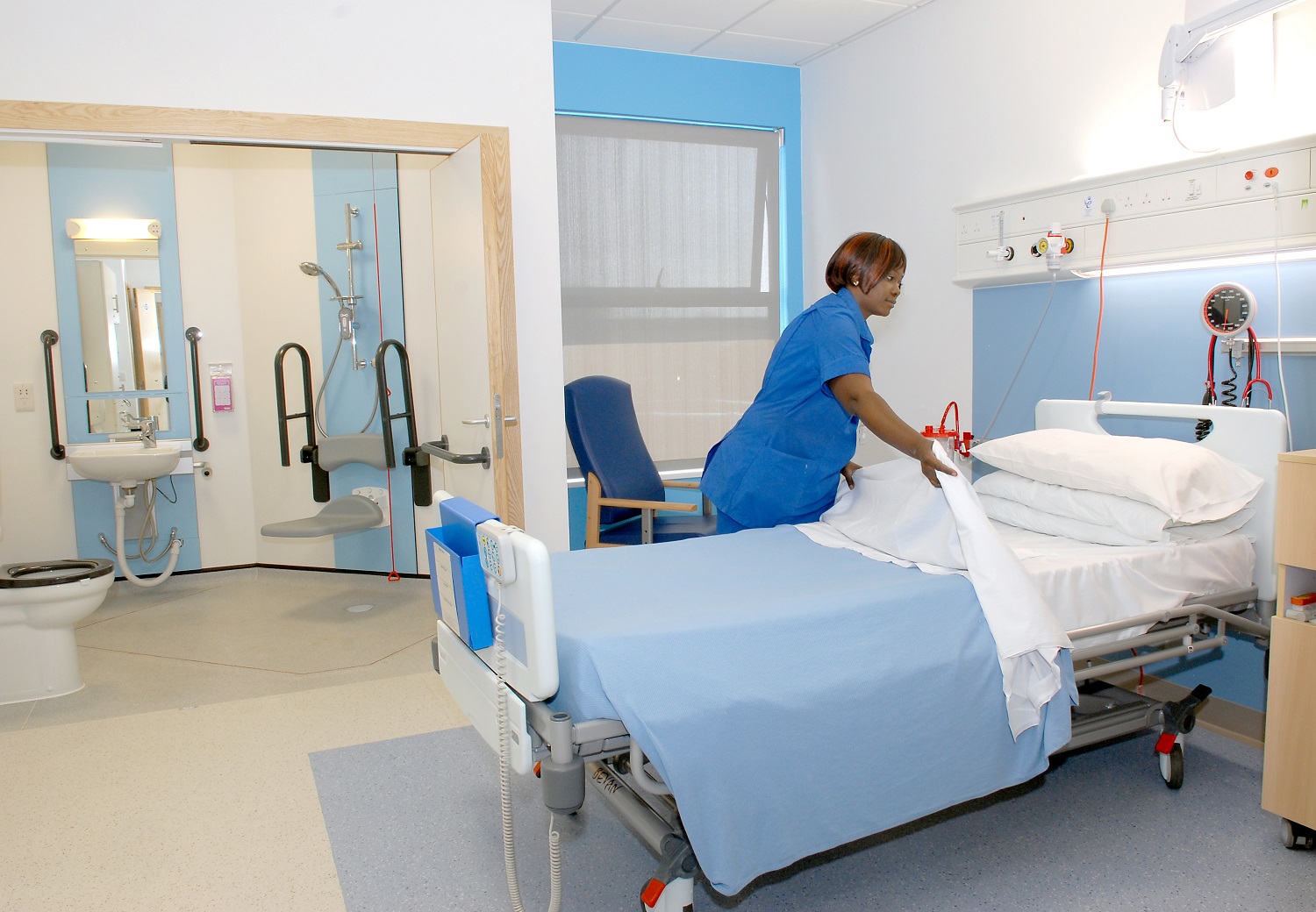Alan Wilson, managing director at ModuleCo Healthcare, speaks to hdm about the role of modular, offsite construction in combating the impact of winter pressures

The NHS typically experiences an uplift in demand for healthcare services during the winter months, due to increasing environmental hazards and respiratory conditions.
Plus, with potentially-new COVID-19 variants this winter, the challenges are likely to be exacerbated.
In August this year, NHS England released a set of steps intended to increase capacity, including 7,000 beds to support operational resilience during the winter months.
But, with budget constraints and red tape to negotiate, how easy will this solution be to implement?
It’s down to the key decision-makers to explore more-innovative approaches to patient capacity management this winter.
How offsite construction can help
Offsite-constructed facilities are designed and manufactured within a factory environment prior to being delivered to the final site.
And, with up to 90% of the facility being completed offsite, it provides several benefits to the end user, particularly within the healthcare sector as the process significantly reduces time on site for installation, limiting disruption to busy hospital environments.
Offsite construction for healthcare facilities involves the creation of bespoke, high-specification modular buildings such as theatres and wards that can be designed, developed, and quality checked offsite before being installed on site.
One of the key benefits of offsite-constructed modular builds is the option of implementing a flexible hire or managed service agreement, allowing all project costs including the design, groundworks, construction, delivery, and commissioning, to be incorporated into a single monthly fee
Where a traditional construction approach would usually result in entire sections of the hospital being closed off while building work takes place, as well as the typical delays associated with adverse weather or late deliveries; an offsite modular build culminates in a faster turnaround time due to these factors being eliminated from the build, allowing facilities to be patient-ready in a matter of weeks.
Within healthcare, offsite construction offers a viable solution to many of the difficulties faced by the NHS, which typically centre around cost, speed of delivery, and disruption on site.
Modular theatres and wards, in particular, offer long-term solutions to NHS capacity issues and can be added to existing hospital estates, with the ability to be designed to fit specific spaces and installed in hard-to-access locations while the site remains operational
Overcoming financial challenges
With priority given to critical and essential infrastructure works within the public sector, financial challenges and limited budgets in the NHS are often the main barrier to upgrading and updating facilities; and overcoming these challenges is one of the biggest hurdles when it comes to capacity and operational resilience management.
With up to 90% of the facility being completed offsite, it provides several benefits to the end user, particularly within the healthcare sector as the process significantly reduces time on site for installation, limiting disruption to busy hospital environments
And one of the key benefits of offsite-constructed modular builds is the option of implementing a flexible hire or managed service agreement, allowing all project costs including the design, groundworks, construction, delivery, and commissioning, to be incorporated into a single monthly fee.
Finding a trusted supplier with the knowledge of flexible financing options and modular building expertise to provide this option is key to the success of a project.
Key benefits of offsite construction
As a standalone solution, offsite construction will not solve the seasonal surge of patients. But, when delivered via flexible hire or managed service agreements, it is a fully-packaged and rapid way of not only adding urgent capacity during the winter months and beyond, but will also help the NHS trusts to carry out vital and much-needed maintenance works that have been delayed due to the pandemic.